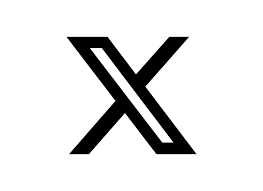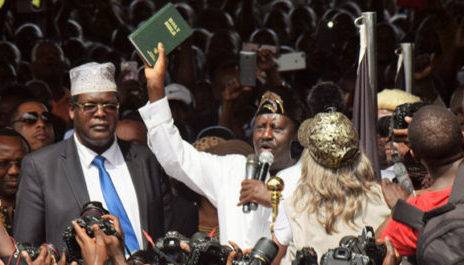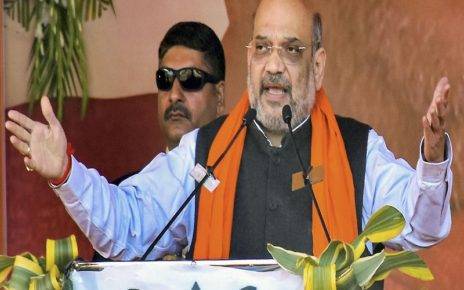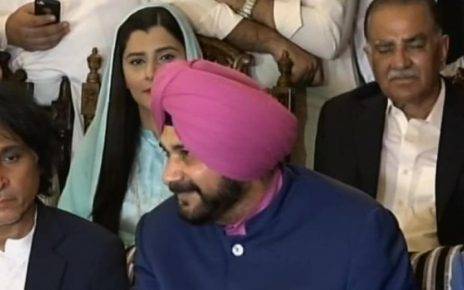The recent clash between Elon Musk’s X (formerly Twitter) and Brazil’s Supreme Court has captivated the world, reflecting a familiar struggle over the limits of free speech and the power of government regulation. On August 31, Justice Alexandre de Moraes of Brazil’s Supreme Court imposed a nationwide ban on X for failing to comply with the country’s laws. This legal showdown mirrors the battle between Twitter and the Indian government three years ago, highlighting recurring themes of digital sovereignty, censorship, and the evolving relationship between tech companies and national governments.
Clash Over Compliance and Control
The conflict between X and Brazil’s judiciary has been simmering for months, escalating to a boiling point in August. It began when Justice de Moraes ordered the suspension of dozens of X accounts accused of spreading disinformation, many of which were linked to supporters of former President Jair Bolsonaro. Initially, X complied with these orders to avoid hefty fines, only to see Musk himself restore the blocked accounts and call for the judge’s resignation. This defiant move led to an investigation for possible obstruction of justice and a series of legal threats, culminating in the decision to ban X from the country.
Brazil’s Supreme Court took its stance seriously. On August 29, Justice de Moraes issued an ultimatum to X, demanding the appointment of a new legal representative within 24 hours or face suspension. X’s failure to comply resulted in the nationwide ban, along with a directive to Apple and Google to remove the X app from their stores. The ruling also froze the finances of Starlink, Musk’s satellite communication service, further escalating the tensions between Musk and the Brazilian government.
Parallels with India’s Twitter Tussle
This saga is strikingly similar to the conflict between Twitter and the Indian government during the 2021 farmers’ protests. Just like in Brazil, Twitter found itself at odds with government orders to block accounts critical of the authorities. The Indian government, invoking Section 69A of the IT Act, 2000, demanded the removal of specific accounts and content, which Twitter initially resisted, citing free speech and transparency concerns. The secrecy of these blocking orders, much like the confidential nature of Brazil’s orders, added to the tension.
The legal wrangling extended beyond content removal. In India, Twitter’s then-managing director, Manish Maheshwari, was summoned by the Uttar Pradesh Police over a disputed map issue, while the Delhi Police visited Twitter’s offices after certain posts by BJP members were flagged as “manipulated media.” Similarly, in Brazil, X’s legal representative faced threats of arrest, underscoring the personal risks tech executives face when their companies are perceived as defying state authority.
Twitter’s resistance to appoint an India-based compliance officer, as mandated by the Information Technology (Intermediary Guidelines and Digital Media Ethics Code) Rules, 2021, mirrored X’s reluctance to name a legal representative in Brazil. In both instances, failure to meet government demands put these platforms at risk of losing their safe harbor protections, which shield them from liability for user-generated content.
Broader Implications
The clash between X and Brazil’s judiciary, much like the Twitter-India conflict, raises crucial questions about the balance between free speech and governmental control. Musk’s response to the ban, accusing an “unelected pseudo-judge” of destroying democracy, reflects a common tech industry stance that regulatory actions often overreach and suppress free expression. However, governments argue that such regulations are essential to prevent the spread of misinformation and maintain public order.
This tension between tech companies and governments is not just a legal or regulatory issue but a fundamental question about the nature of democracy and digital rights in the 21st century. With more people relying on social media for news and information, platforms like X hold significant power in shaping public discourse. As a result, governments worldwide are increasingly scrutinizing these platforms and enacting laws to regulate their operations.
New Chapter or a Repeat of History?
India’s experience with Twitter led to the rise of Koo, a homegrown social media platform that briefly thrived as an alternative before financial troubles led to its decline. Brazil may witness a similar shift, as users migrate to platforms like Threads and Bluesky or resort to VPNs to bypass the ban. However, the long-term impact of these conflicts remains to be seen.
The ongoing battles between tech giants and governments highlight the need for a more nuanced approach to regulation — one that respects both the importance of free speech and the necessity of responsible governance. As digital platforms continue to grow in influence, finding this balance will be crucial for the health of global democracy.
In the end, the showdown between X and Brazil’s Supreme Court is more than a local skirmish; it is a reflection of a global trend. As nations grapple with the challenges posed by powerful digital platforms, the world is watching closely to see how these conflicts play out. Whether in India, Brazil, or elsewhere, the stakes are high, and the outcomes will likely shape the future of internet governance and digital rights for years to come.





